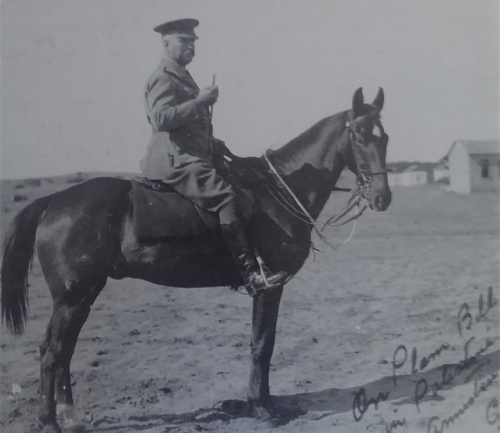
HE was a simple farm boy from Michelago and yet it was the commanding persona – physical and otherwise – of the man he would become that saw Maj-Gen the Hon Sir Granville de Laune Ryrie KCMG, CB, VD, earn distinction as one of the nation’s most distinguished servicemen, politicians and diplomats.
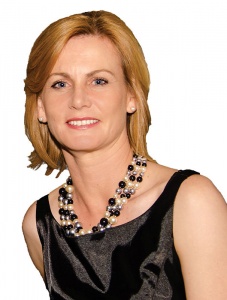
Having just commemorated the centenary of a highly significant though somewhat under-rated World War I victory for the Anzac forces, the battle for Beersheba on October 31, 1917, at which then Brig-Gen Ryrie led the 2nd Light Horse, his story more than warrants a telling for the generations for whom he remains the unknown soldier.
By the time the Australians stormed the Turkish trenches to secure the town of Beersheba in what has since become Israel, Ryrie was, incredibly, 52 years old. He’d already served with the 1st Light Horse in the Boer War of 1898 (later becoming Commanding Officer) during which he was seriously wounded, as well as Gallipoli – falling prey to shrapnel twice more.
More unusually, he remained the serving Federal member for North Sydney for the duration, having first gone into politics on winning the seat of Queanbeyan in 1906 (resigning it in 1910, re-elected to the new seat the following year). Ryrie was one of 16 MPs to do such a thing, from a total of 111 all-male political representatives of the day – in his own words, “after thinking for 11 hours”, a duty he felt compelled to fulfill.
It was this pronounced commitment to “[taking] our own part in it” that engendered the devotion of those with whom he fought on the battlefield and the respect of his superiors and constituents back home. The Australian war correspondent, Sir Henry Gullett, would later officially note: “Such a man … could scarcely fail to be a hero to his men.”
For the many accomplishments and attainments though, it would seem Ryrie’s most winning attribute was his genuine, practical and gregarious nature: an Australian bushman to his bootstraps.
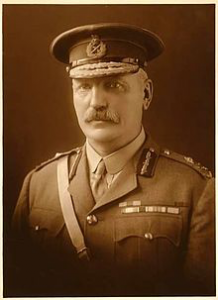
Granville Ryrie was the son of a pioneering and well-connected local family who today retain possession of their 1854 holding on the Monaro (originally a substantial 35,000 acres), “Micalago Station”, and where he was born in 1865.
His grandfather, Stewart, a Scottish officer under the Duke of Wellington, emigrated in 1825. His father, Alexander, opted for the life of a grazier and also politician, first in the NSW Legislative Assembly as member for Braidwood, then the Legislative Council.
Mother, Charlotte, was of another prominent local family: her father, Capt Alured Tasker Faunce, Queanbeyan’s first police magistrate (1836).
Young Ryrie would later garner the nickname “Bull”, and for good reason; his was the build of a rugby player – tall, broad, somewhat heavyset – and he was a highly accomplished horseman, a crack marksman and a successful amateur boxer.
The local knock-about lad also boasted a personality to match, a winsome spinner of yarns (including some excellent ones on the existence of the mythical Yowie within the wide borders of the Land District of Queanbeyan), with natural leadership qualities that would see Prime Minister Billy Hughes (1915-1923) commend him as “a great general winning the hearts of his men by his unquenchable courage …”
Perhaps nowhere was this more on display than 100 years ago as the Mounted Divisions undertook what’s considered the first true Anzac victory, the capture of that Turkish-held, heavily fortified town and its critical water supply.
On the fateful day, Ryrie and his horsemen were given “the place of honour, that is in Advance”. Ordered to “dash with all speed across the plain… and cut the Hebron Road both from reinforcements and escapees”, their success held at bay additional forces that could have brought undone the unprecedented plan to attack the other, even more significant and entrenched position. A weary but triumphant Ryrie would write home to his wife, Mary: “The Turkish prisoners say they are all terrified of the Australian cavalry.”
The Armistice would be enacted exactly one year on from the success of the Battle of Beersheba, and soon after, the CO of the 2nd Light Horse, mentioned in despatches five times, was promoted to major general, placed in charge of the AIF in Egypt and knighted.
On his return to Australia in 1919, Ryrie resumed his parliamentary role, before heading to London in 1927 to take up the plum position of high commissioner.
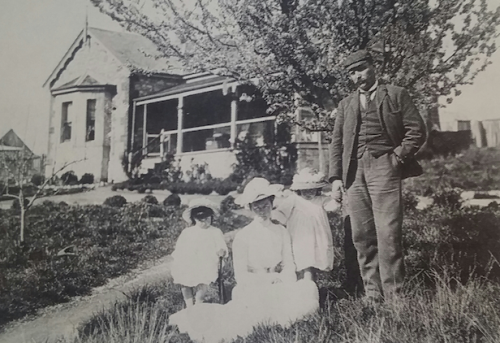
Five years on, he came home for the last time, retiring from public life. On his death in 1937, the much-decorated and feted former farmer, Granville Ryrie, was buried following a State funeral at his beloved Michelago, his most fitting epitaph provided by author W. Davis Wright in his 1923 book “Canberra”:
“His genius as a soldier and leader on many battlefields is part of our history now.”
Nichole Overall is a Queanbeyan-based author, journalist and social historian.
Who can be trusted?
In a world of spin and confusion, there’s never been a more important time to support independent journalism in Canberra.
If you trust our work online and want to enforce the power of independent voices, I invite you to make a small contribution.
Every dollar of support is invested back into our journalism to help keep citynews.com.au strong and free.
Thank you,
Ian Meikle, editor
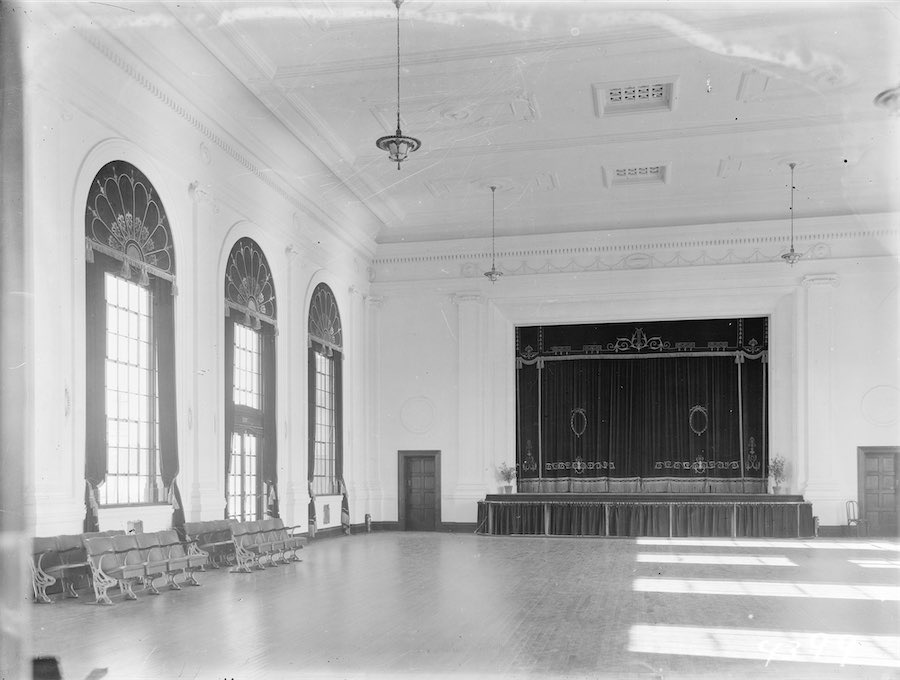

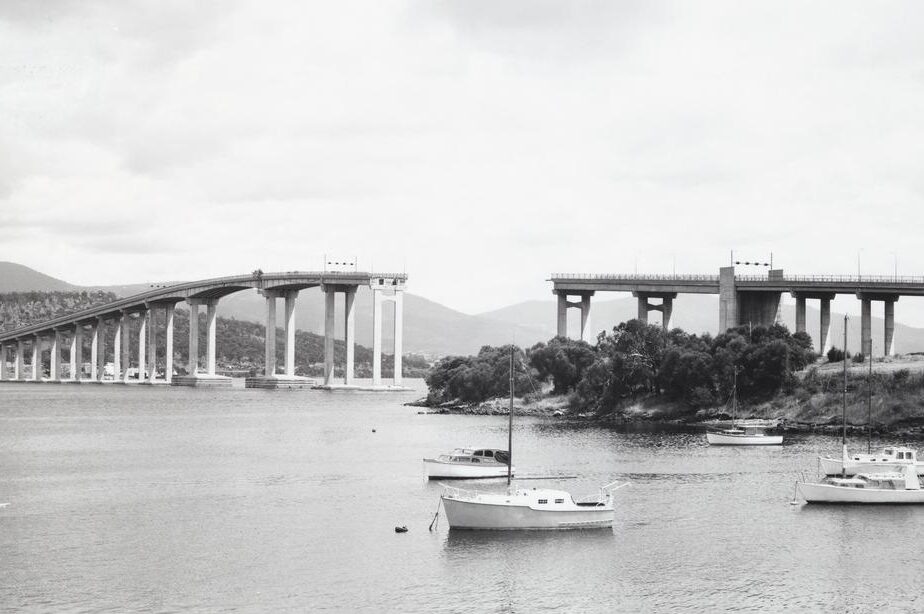





Leave a Reply